The Problem with Christian Gentlemen: A Short Goodbye to Ted Cruz, the “Mr. Pecksniff” of Presidential Politics
Credit where credit is due. Ted Cruz has a way about him. A way that…
Read MoreCredit where credit is due. Ted Cruz has a way about him. A way that…
Read More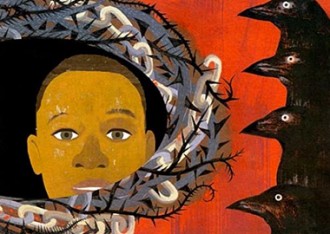
I wanted to think about how we mediate the past for children—and how we tell stories about children who lived in the past. Writing about religion, memory, and children’s literature became my way of doing that.
Read More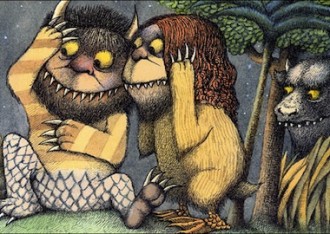
Maurice Sendak lived in the shadow of the Holocaust, yet he refused to claim that identity and chosenness solely for the Jewish people.
Read More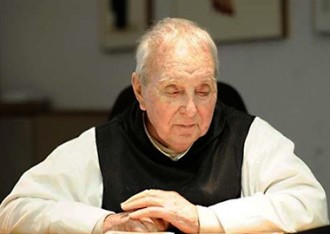
“People always leaving just as other folks arrive.” That is the line that suddenly came to mind when I learned that Father Matthew Kelty left this world peacefully at noon on Friday last. This is a great loss to those of us newly, and not-so-newly, arrived, and I wanted to try to explain why I think this is so. This remarkable monk spent fifty off-and-on years at the Abbey of Gethsemani in Kentucky, where he was the last confessor that Thomas Merton ever had; and if that wasn’t enough to warrant further discussion, he was also a gay priest who came out in one of his most eloquent essays at the ripe old age of ninety. We will not soon see the likes of such monks again.
Read More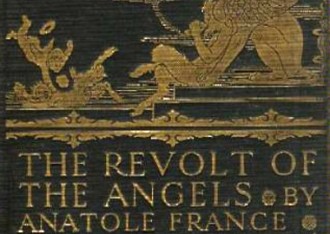
It’s been over a decade since the final installment of Philip Pullman’s subversive fantasy trilogy was published, with no new work in sight. So what are devotees of Oxford’s Rebel Angel to do? Well, they could do worse than to remember an old hand at religious satire: Anatole France. While my local big-box bookstore doesn’t carry a single one of his titles, this Nobel Prize winner (for literature, 1921) is among the world’s greatest satirists. He is also the writer of a clever piece of speculative fiction, Revolt of the Angels (1914), that comes across a bit like Pullman—drunk on sacramental wine.
Read More
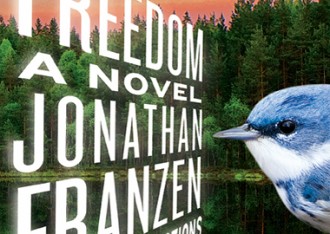
There is nothing small-bore or contemptible about a novel that explores the wonder and heartbreak of romantic love against the distant thunder of imperial warfare.
Read More
Both in the first wave of press in 2002 about abuse in the Catholic Church and now during this second wave, we’ve talked very little about girls, and even less about stalking and the other kinds of abuse that people in power, in particular religious authorities, enact on the unsuspecting and the young. While we have a lot of journalists covering the scandal and talking to victims, we have very little in the way of “personal narrative” of what this experience is like. I hope my novel, This Gorgeous Game, and its protagonist’s first-person voice will offer a new perspective on the conversation.
Read More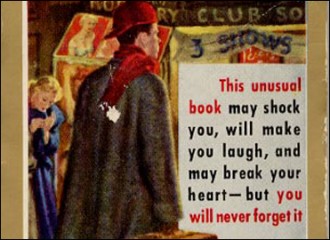
The one thing that seems able to tame even a hardened cynic like Holden Caufield, in the least overtly religious Salinger book, is an encounter with the innocence of childhood; especially children at play. It is this quest for lost innocence that defines the spiritual trajectory of Salinger’s most memorable characters. They are all teachers, parents, players, children-at-heart.
Read More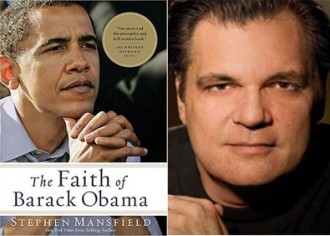
Author Stephen Mansfield is getting hate mail. Why does the religious right think that this ex-pastor will roast in hell?
Read More
Why is the character of Jesus so powerful? Why is he such a hit? Bestselling writer Mary Gordon re-reads the Gospels, asking these questions, among others, and trying to figure out why fundamentalist readings of scripture, grounded in fear and rage, have come to dominate the understanding of religion in this country.
Read More